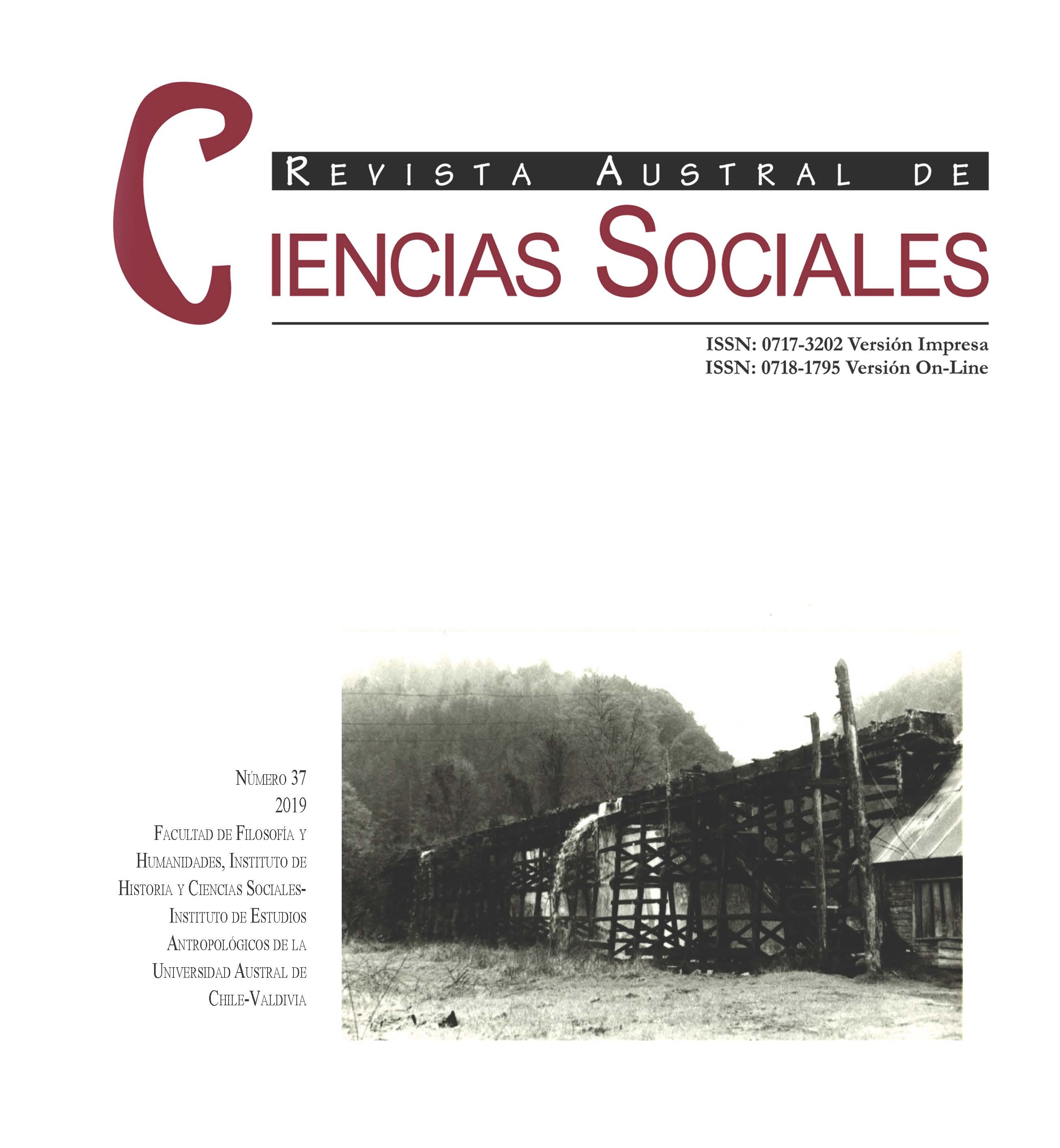Translation, untranslatable and simulacrum in Mapuche politics
Main Article Content
Abstract
An entry to the question of untranslatability is proposed from a rather oblique approach to its linguistic or philological development, that is to say, focusing in the analysis of the different treatments, conceptualizations or formulations of the untranslatability as a device of political argumentation by and on the Mapuche people throughout the twentieth century. In this framework we will have to resort to a broad notion of translation, trying to go beyond its strictly linguistic meaning, to reach the more general problem implied by the different figures of mediation, not only between ethnic groups or nations, but also between institutions and political demands. It concludes with a reflection on the relationship between translation and simulacrum, exploring the political powers of the latter in order to politicize, through its denaturalization, the colonial or more recently multicultural orderings, and their identity policies.

